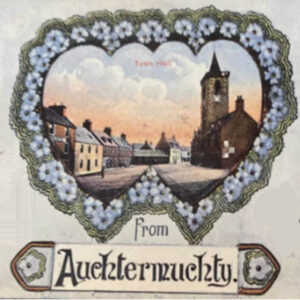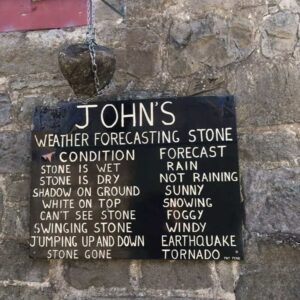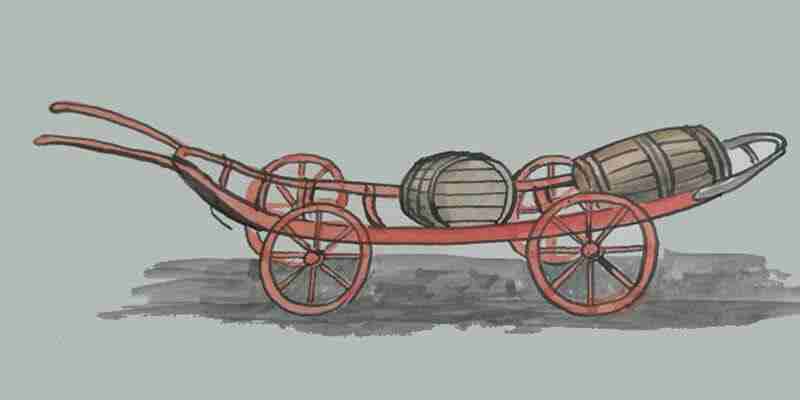What is a carter?
The old occupation of a carter refers to someone who had a cart and horse to transport goods. Most importantly, they played an important role before the 1920s. This is because they helped the movement of a wide variety of goods, such as agricultural produce, raw materials, and manufactured items.
They were either self-employed or employed by merchants, manufacturers or farmers. Although, they were skilled workers, they did not hold the same prestige as craftsmen or merchants. In fact, carters occupied a lower to middle class status in society.
The term carter was used broadly, but there were regional variations in the name and specifics of the job. For example, in Scotland, a carter might also be known as a carrier or sledder.
What was a carter’s role
- Transportation of Goods: Carters transported goods between farms, markets, towns, and cities. This was essential for trade and commerce before the advent of railways and automobiles.
- Maintenance of carts and animals: Carters were responsible for the upkeep of their carts and the horses that pulled them. This included tasks such as repairing the cart, shoeing horses, feeding and grooming them. They had to follow regulations and bye-laws, just like today for cars and trucks, to maintain their cart and horse. Here we have two newspaper articles from the early 20th century when 2 men maltreated a horse and another man who did not have his lights on his cart:

- Loading and Unloading: The job involved physical labour because they had to load and unload goods from their carts. They had to ensure that the goods were securely fastened to prevent damage during transit.
- Route Planning: Carters needed to know the best routes to take, which could vary depending on weather conditions, road quality, and the destination. They also needed to be aware of tolls which were many in Scotland.
They really did make the wheels of Scotland go round!
With the rise of railways, motor vehicles, and eventually trucks, the traditional role of the carter diminished. By the mid-20th century, this old occupation disappeared.
Despite its decline, the legacy of the carter stills exists in literature and historical records. Identifying an ancestor who was a carter can help you understand their economic status and lifestyle.
Where to find documents relating to the carter job?
- Archival centres: both the City of Edinburgh Archives and the National Records of Scotland hold the records on The Incorporation of Carters in Leith. Perth Archives hold documents on 1844 Applications for Carters Licences. So it is best to check the local archives where your ancestor resided to locate records on carters.
- Images – you can access old images of streets, people, occupations, transport from Scottish cities and towns, such as Edinburgh, Glasgow and Dundee. Therefore, it is worth investigating to see if the local area you are interested in has any images.
- Post Office Directories: the National Library of Scotland has the online post office directories for Scotland and these publication will list trades alphabetically.

Other familiar records:
- Statutory and Old Parish Registers

- Census returns
- Cemetery Records
- Valuation rolls
- Wills and Last Testaments
- Military records
- Newspapers
- Emigration records
Can you think of anywhere else?
Are you any wiser on what is a carter?
I hope so. The carter job was an essential part of historical economies, providing the necessary service of transporting goods. While the role has become obsolete with modern transport, its significance is evident in historical contexts.
Thank you for joining me on this journey about the carter job or occupation. Please remember to leave a comment below and if you want me to write about a Scottish occupation, then let me know below. Here is my last blog post on an old occupation which was on Coopers.
Good luck with your Scottish genealogy research.
Until my next post, haste ye back.
You may also like...

Ancestral Visit to Auchtermuchty, Fife
Auchtermuchty in Fife is known as Muchty to locals. What does Stratheden Whisky, Jimmy Shand and the Proclaimers have in common?

Discover Your Scottish Ancestry: The Rise of Ancestral Tourism
Scotland’s history and breath-taking landscapes continue to attract visitors from around the world searching for their Scottish ancestry. For many, the trip is more than just sightseeing – it is a journey of self-discovery.

Johnston Surname: Origin, Meaning & History
The Johnston surname is a Scottish geographical surname, meaning it originates from a specific location. It translates as “John’s town.”

Hi. My great grandfather, John Butler has on his wedding certificate, carter journeyman. Has his age as, 17 years. Is it possible the age is correct? The problem is his fathers death is recorded two years before John was born.
Kind regards Jimmy Butler
Hello Jimmy
I am so sorry for the delay in responding to your comment. There may be a number of reasons, a)i t could be a mis-transcription, b) John Butler may be illegitimate, c) the father’s death register is for the wrong person?
I would revisit the registers again to double check the information as well as looking at census returns for both his father and himself.
Hope that helps.
Sarah